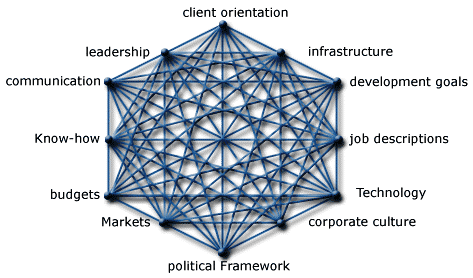I’ve been CBAP certified for more than a year and a half now and I’ve recently earned my PBA certification as a participant in the pilot phase that PMI launched earlier this year. Thus I’m one of the first batch of certified PBA (less than 170 worldwide) and currently the only one in Lebanon with any of the 2 certifications.
In this context, I’d like to share with you some insights about the 2 certifications with a comparison to help you choose the right certification for you.
To start with, the International Institute of Business Analysis (IIBA) has been around for more than 10 years and it works on the development, expansion and promotion of business analysis. While the Project Management Institute (PMI) has been around for more than 45 years and it works on the development, expansion and promotion of project management.
In this context, the 2 organizations are starting from a different perspective about Business Analysis, what it means, what it entails and the reason they developed their certification (IIBA’s CCBA and CBAP Vs PMI’s PBA).
For IIBA, business analysis is a full time job and has a more holistic vision about the role of a business analyst. For IIBA, the Business Analyst’s work is not limited to only projects, requirements management, communication and evaluation of the end result, but rather it takes more of an enterprise perspective and can even assist at the strategic level.
While PMI’s focus on business analysis is more of a hybrid role for the Project and Program Managers with a special focus on proper requirements elicitation/collection, analysis, scope design, mapping, tracking and communication of those requirements with the appropriate stakeholders. In this context, PMI’s perspective on Business Analysis is more of a Project and Program based work rather than Operational or Enterprise related work. This does make sense as PMI is concerned mostly with the success of project and programs rather than in starting a new profession by itself.
Therefore, both certification will not be contradicting but rather can complement each other in some places while they have completely different audience in other cases.
Below is a set of comparative bullet points.
CBAP:
- IIBA has been developing the Business Analysis Body of Knowledge over several years and are now in the 2nd edition of the BABOK with the 3rd due on April 2015.
- CBAP training and certification will cover numerous details, tools and techniques for those aiming for a career in business/solution/enterprise analysis.
- CBAP already has its name and is well respected among Business Analysis professionals.
- CBAP fits in excellently for people working in Consultancy, IT, Telecom, Hard and Software Development.
- For full time BA’s, CBAP provides a more comprehensive set of knowledge than it’s PMI’s counterpart.
PBA:
- PMI has recently acquired 2 companies that have a wealth of knowledge about requirements management, project and product design, assessments and the like.
- PMI has a very big marketing department with massive outreach, global partners, training providers and a global network of chapters.
- PBA is more focused on Business Analysis work within Project and Program Management, with a special focus on requirements management, scope management and communication.
- Professionals certified by PMI (ACP, CAPM, PMP, PgMP, PfMP) will find it more natural and smooth to earn the PBA as it is aligned with PMI’s framework. For hybrid PM-BA work, it’s sufficient as the PM will not necessarily need all the info presented by IIBA.
I hope that helps and if you have any questions or suggestions, don’t hesitate to let me know.



 As a management consultant and trainer at
As a management consultant and trainer at 
